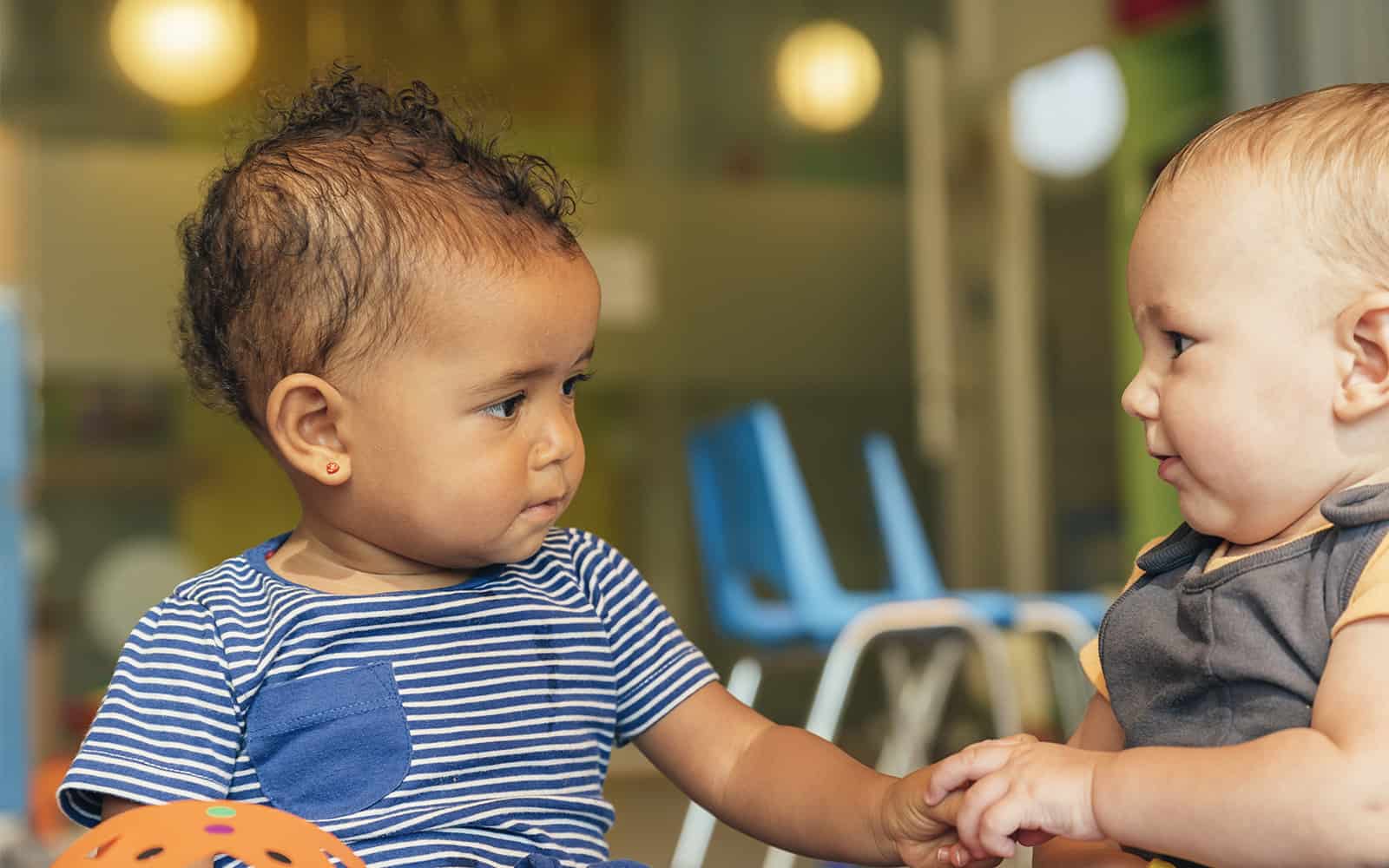Yesterday, the United States’ 117th Congress passed its end-of-year omnibus bill, which notably included reauthorization of the Maternal, Infant, and Early Childhood Home Visiting (MIECHV) Program. The final package includes the highest level of federal investment in and commitment to home visiting in over a decade – doubling federal investments to $800 million over five years, a doubling of the Tribal set-aside from 3% to 6%, development of new home visiting data dashboards and the continuation of virtual home visits.
This MIECHV reauthorization cycle has been a clear testament to strong bipartisan recognition that home visiting, as well as other early childhood programs, are focal priority areas for families and the early childhood workforce. Start Early is especially proud of the strong showing of support from the Congressional delegations in our home states of Washington and Illinois. We are particularly grateful to Illinois Representative Danny K. Davis (D-IL7) for serving as a true home visiting champion and the original co-sponsor of the House of Representatives’ MIECHV reauthorization bill.
An estimated 140,000 families across the United States partner with home visitors each year to enhance parent-child relationships and improve physical health, mental health, learning and safety outcomes. With this five-year reauthorization and expanded funding levels, MIECHV-funded programs will have increased stability and resources to enhance existing services, reach new constituents, increase compensation for home visitors and continue to evaluate their impact on children and families.
Start Early is deeply proud and thankful to be a member of the National Home Visiting Coalition Steering Committee and for the Committee members’ partnership in advancing this critical funding source in Congress over the last several months. We join other Coalition members in thanking Congress and recommitting ourselves to partnering with the Department of Health and Human Services in support of MIECHV implementation in states and communities across the country.
In addition to reauthorizing and expanding MIECHV, the final package includes funding for a wide array of family-facing programs, including:
- The Child Care Development Block Grant (CCDBG), funded at $8,021,387,000 (a 30.1% increase over the FY 2022 level)
- The Preschool Development Grant (PDG), funded at $315,000,000 (a $25,000,000 increase over the FY 2022 level)
- The Individuals with Disabilities in Education Act (IDEA), funded at $420,000,000 for Part B (an increase of $10,451,000 over the FY 2022 level), $540,000,000 for Part C grants for infants and toddlers (an increase of $43,694,000 over the FY 2022 level), and $14.19 billion grants to states (an increase of $850,000,000 over FY 2022 level)
- Head Start, funded at $11,996,820,000 (an increase of $960,000,000 over the FY 2022 level)
- The National Child Traumatic Stress Initiative, funded at $93,900,000 (an increase at $12,000,000 over FY 2022 level)
- Child Care Access Means Parents in School (CCAMPIS), funded at $75,000,000 (an increase of $10 million over the FY 2022 level)
These comprehensive investments align closely with Start Early’s long-held belief that we must strengthen and expand the many, intersecting systems that serve children and families to create a continuum of support that meets their diverse needs. The suite of family-serving programs supported by Congress in their year-end spending bill supports the mental, physical and economic needs of caregivers and the early childhood workforce.
While we celebrate these major wins for children and families, we recommit ourselves in the new, 118th Congress to advocate for early childhood supports that were not included in the omnibus. The Child Tax Credit and Child and Adult Care Food Program (CACFP) are critical supports for families with low incomes, and Start Early is disappointed that these programs were not included in Congress’s year-end package. We call on the new Congress to partner with the early childhood field to extend and expand these critical programs in line with the new, approved investments and prioritize the health and success of children, families and the early childhood workforce.

